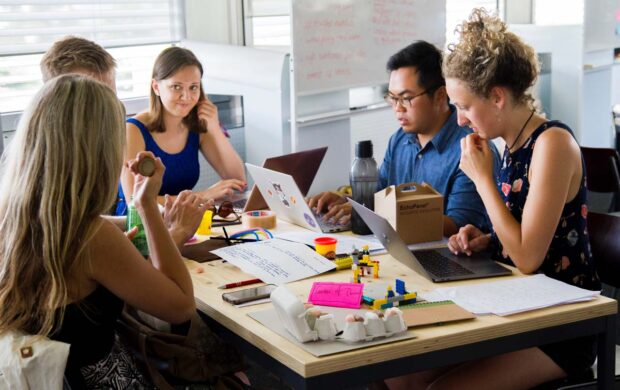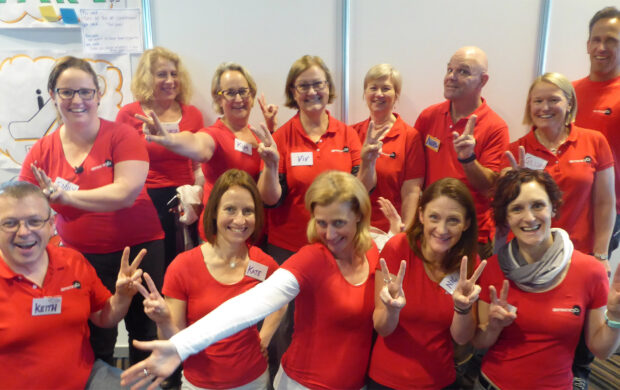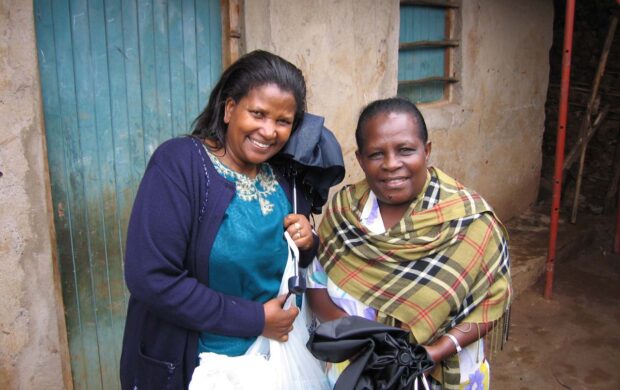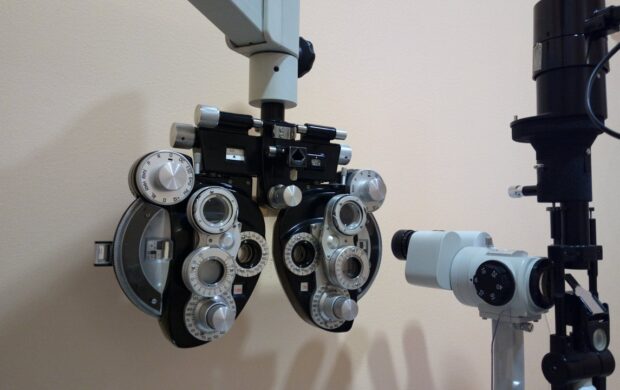The UK and Europe
The referendum on 23 June on the UK’s future membership of the European Union raised many important issues. This special seminar series and briefing papers – organised jointly by the UCL Constitution Unit, UCL European Institute, and UCL School of Public Policy – focused on a crucial subset of these issues: the constitutional consequences that Brexit would have for the UK, for the EU, and for other EU member states.
One might legitimately wonder if all sectors of society are willing to engage in such collaborative governance, especially when communities and groups within them are so polarized in a post-Brexit world where norms of civil discussion are under challenge even in a mature democracy like the USA. This example from the UK, which deals with some of the thorniest issues around Brexit, suggests some cause for cautious optimism. This Citizens’ Assembly brought together citizens “to engage in detailed, reflective and informed discussions about what the UK’s post-Brexit relations with the European Union should be”.










